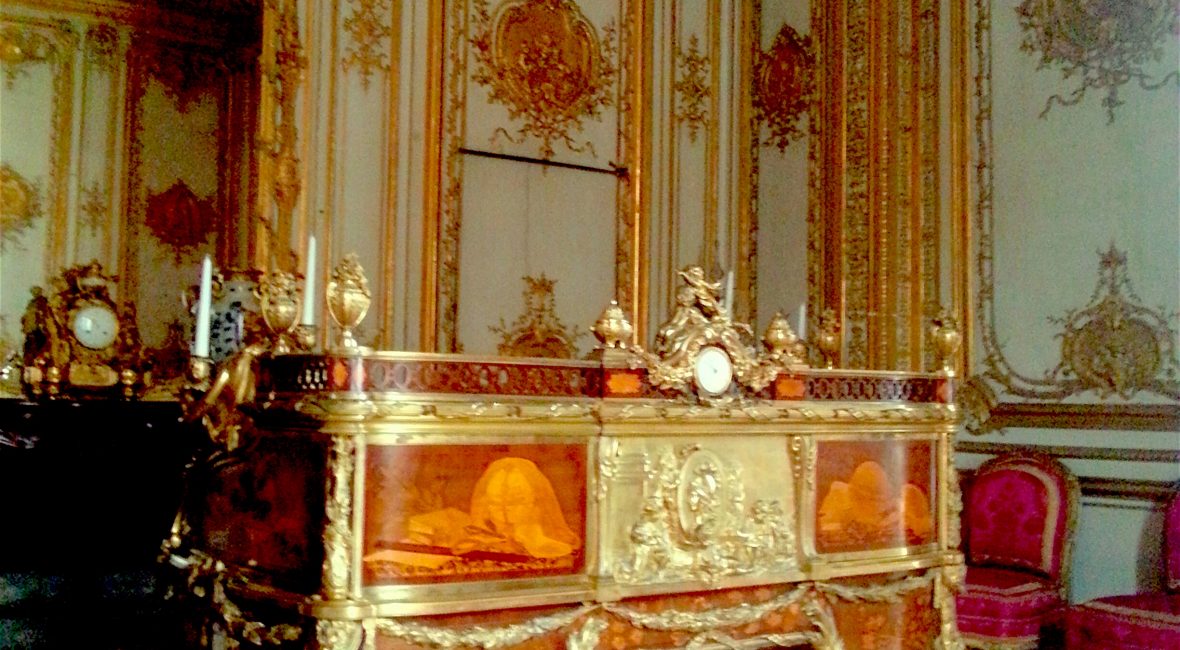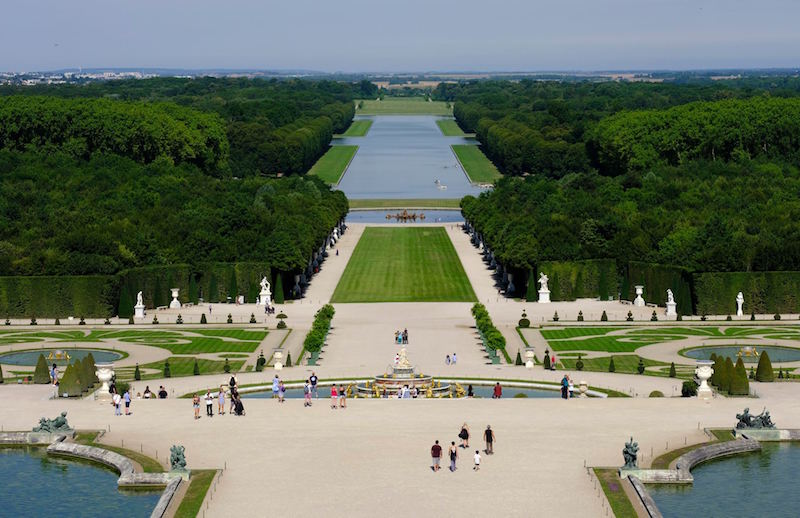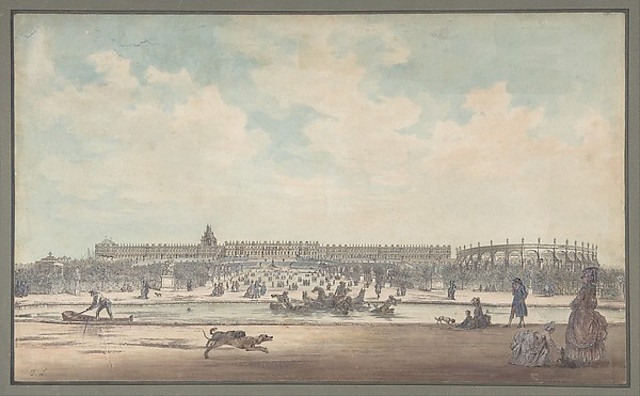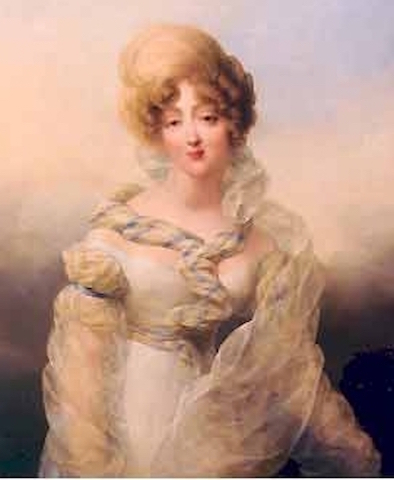A Childhood at Versailles consists of the first 5 chapters of the memoirs of Mme de Boigne (1781-1866), née Adèle d’Osmond, who was a French salon hostess and writer. She was born in the Château de Versailles and lived at the court of Louis XVI and Marie-Antoinette until her family fled to England during the Revolution. Later in her long life, she married a rich soldier of fortune 30 years her senior, hosted a brilliant salon in Paris, and became an intimate of the last French queen, Marie-Amélie, consort of King Louis Philippe (r. 1830-1848). Childless herself, Mme de Boigne addressed her memoirs to her grandnephew. The memoirs were not published until 1907, under the title Récits d’une tante, or An Aunt’s Tales. They’ve never been published in English, as far as I know, so I’ve decided to translate the first 5 chapters, the ones that take place mainly at Versailles, and post them here on this blog for interested readers to enjoy for free.
The chapters are quite lengthy, so I’ve broken each one into several parts. In Part 2.1, the author highlights the lack of interest that the courtiers at Versailles took in the outside world, which is revealed in an amusing exchange between her father and Mme Adéläide, the most senior princess at Court after the King’s wife and sisters-in-law.
A Childhood at Versailles, Chapter 2 (Part 2.1)
From Sunday to Saturday one lived quietly at Versailles in a way that was horribly dull for people who tore themselves away from their usual society to come and serve there without being well established. However, it was a life not without interest for people who were definitively established; it was, in a way, a country house life of which the gossip revolved around important affairs. Most had no notion of the national interest while following the intrigues that exiled M de Malesherbes from the centre of power or brought M de Calonne to it. However, enlightened minds, such as my father’s, were interested in things other than a dispute over music or a rupture between Jean-Jacques Rousseau and the Princesse de Luxembourg, which were the great events in society at the time.
No one thought of public policy in general. If anyone did, it was done unreflectingly and motivated by a private interest of fortune or faction. Foreign governments were as unknown to us then as that of China is to us today. My father was considered a bit of a pedant for taking an interest in European affairs, and he read the only journal that took some notice of them.



















